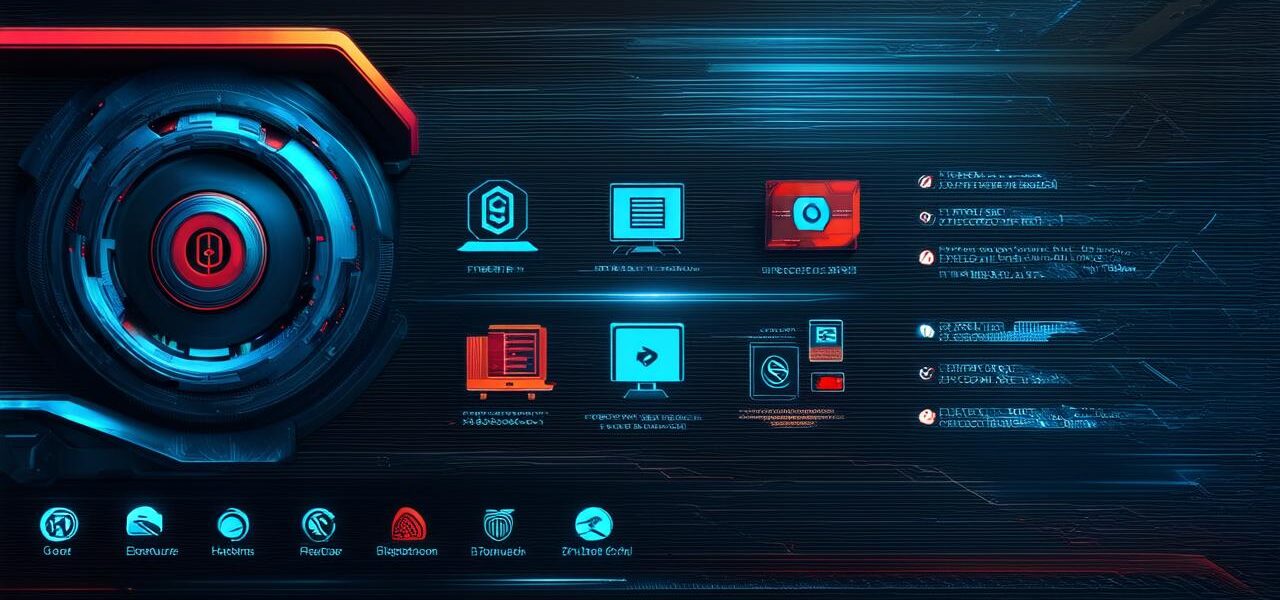
What is the Significance of Blockchain Development?
The world is changing rapidly, and technology is at the forefront of this change. One of the most exciting developments in recent years has been the emergence of blockchain technology. This decentralized, distributed ledger system has the potential to revolutionize many industries, from finance and healthcare to supply chain management and beyond.
What is Blockchain?
At its core, a blockchain is a distributed ledger that records transactions in a secure and transparent way. Each block in a blockchain contains a record of multiple transactions, and once a block is filled, it is added to the chain. This creates an immutable and tamper-proof record of all transactions that have occurred on the network.
One of the key features of a blockchain is its decentralized nature. Unlike traditional databases, which are managed by a central authority, a blockchain is maintained by a network of computers that work together to validate transactions and add them to the ledger. This makes it much more resistant to hacking and other forms of disruption, as there is no single point of failure.
The Potential of Blockchain Development
The potential of blockchain development is enormous, with applications across a wide range of industries. One of the most well-known uses for blockchain technology is in finance, where it can be used to create secure and transparent payment systems that are resistant to fraud and tampering. For example, Bitcoin, the first and most well-known cryptocurrency, is based on blockchain technology, and it has disrupted the traditional banking system by providing a decentralized alternative for financial transactions.
Another area where blockchain development has great potential is in healthcare. By creating a secure and transparent ledger of medical records, patients can have greater control over their own health data, while doctors and other healthcare professionals can access this information more easily and efficiently. This could lead to better patient outcomes and more efficient healthcare systems.
In the world of supply chain management, blockchain technology can be used to create a tamper-proof record of the movement of goods from manufacturer to consumer. This can help to reduce fraud and improve transparency, while also making it easier to track the origin of products and their environmental impact.
Case Studies in Blockchain Development
There are many real-life examples of successful blockchain development projects that illustrate the potential of this technology. One such example is IBM’s Food Trust project, which uses blockchain to create a secure and transparent ledger of food supply chains. This has helped to reduce waste and improve food safety by providing a clear record of where food has been and how it has been handled at every stage of the supply chain.
Another example is Walmart’s use of blockchain technology to track the movement of goods through its supply chain. By creating a tamper-proof record of every transaction, Walmart has been able to reduce fraud and improve efficiency, while also providing consumers with more transparency about the products they are buying.
The Future of Blockchain Development
The future of blockchain development looks very promising, as more and more companies and organizations recognize its potential to drive innovation and disruption across a wide range of industries. As the technology continues to evolve and improve, we can expect to see even more exciting applications for blockchain in the years to come.

One area where blockchain technology is expected to have a major impact is in the field of smart contracts. Smart contracts are self-executing contracts with the terms directly written into code. They can be programmed to automatically execute when certain conditions are met, making them a powerful tool for automating complex transactions and reducing the need for intermediaries.
Another area where blockchain technology is expected to have a major impact is in the field of identity management. Blockchain-based identity systems can provide a secure and decentralized way for individuals to manage their own digital identities, while also allowing businesses and organizations to verify identity information more easily and efficiently.
In conclusion, the significance of blockchain development cannot be overstated. This decentralized, distributed ledger system has the potential to revolutionize many industries, from finance and healthcare to supply chain management and beyond. By creating secure and transparent records of transactions, blockchain technology can help to reduce fraud, improve efficiency, and provide greater transparency for consumers and businesses alike. As the world continues to change rapidly, blockchain development will undoubtedly play a key role in shaping the future.



